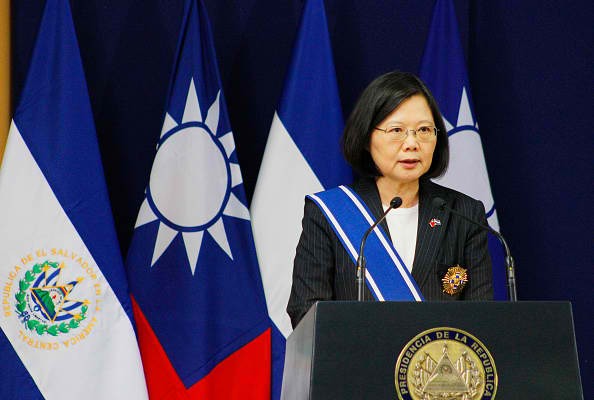Lee Ming-cheh, a Taiwanese NGO worker and human rights activist believed to have disappeared on March 19, was revealed to be under Chinese custody, The Guardian reported.
A volunteer for the Taiwan Association for Human Rights, Lee went off the grid after traveling from Macau to China. Since his disappearance, the Taiwanese government has made several inquiries.
It was only on Tuesday, March 28, that China’s Taiwan Affairs Office revealed Lee was being detained, deemed as a national security threat.
Lee’s detention by China comes amidst heightened tensions between Taipei and Beijing.
For China, Taiwan is under its territory.
Meanwhile, Taiwan has spent years either maintaining a close relationship with its neighbor and governing on more independent grounds.
Relations between the two, however, have gradually worsened since the election of Taiwanese president Tsai Ing-wen and Beijing’s disapproval of the DPP’s pro-independence stance, according to The Guardian.
China’s Taiwan Affairs Office has yet to reveal Lee’s exact location and when he’ll be released. In the meantime, human rights organizations are calling for more transparency in regards to Lee’s situation.
“The secrecy surrounding his case and the government’s record of mistreating activists raise concerns about Lee’s well-being,” Maya Wang, China researcher for Human Rights Watch, told The Guardian.
“Human Rights Watch calls on the Chinese government to release him, and to allow him access to family and lawyers,” Wang added.
Lee’s detention is the first case in China’s new regulatory law on foreign NGOs in the country. Since its passage, several international NGOs shut down in China. In order to successfully operate, any NGOs from outside mainland China must work with the police and be sponsored by a local.
“The unchecked powers the authorities now have to target NGOs and their partners are frightening,” said Nicholas Bequelin, East Asia director at Amnesty International. “Lee Ming-cheh’s detention on vague national security grounds will alarm those that work with NGOs in China.”



























